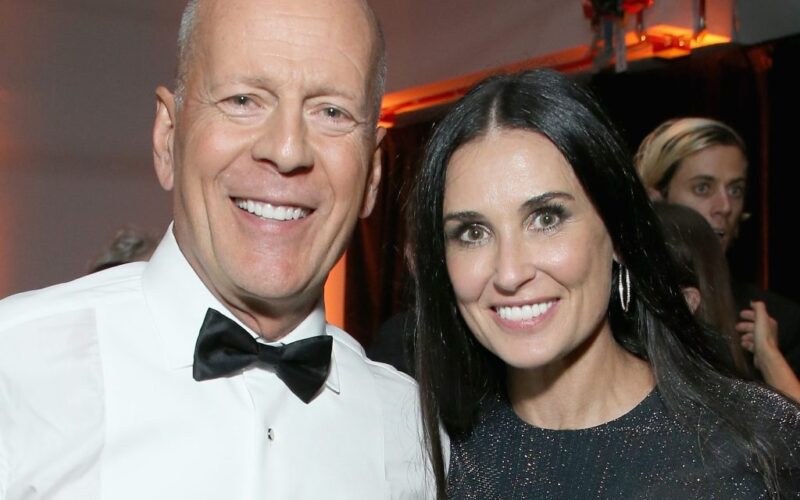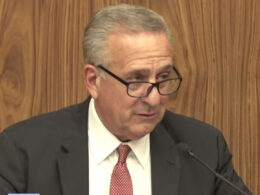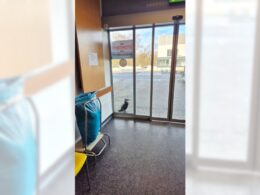Demi Moore is opening up on the “difficult” experience of seeing the changes in ex-husband Bruce Willis amid his ongoing battle with frontotemporal dementia.
The Oscar-nominated “Substance” star, 62, who shares three adult daughters with 70-year-old Willis, told “The Oprah Podcast” that “it’s hard to see somebody who was so, you know, vibrant and strong and so directed, shift into this other part of themself.”
The actors’ blended family, including the “Sixth Sense” star’s wife, Emma Heming Willis — with whom he shares young daughters Mabel and Evelyn — announced in early 2022 that he would retire from acting due to suffering from aphasia, which affects the ability to communicate.
Just over a year later, they announced that Willis had frontotemporal dementia (FTD), for which there are no current treatments.
“I always say, it’s so important just to meet them where they’re at. Don’t have an expectation of them needing to be who they were or who you want them to be,” Moore said. “When you do that, I find that there is an incredible sweetness and something that’s soft and tender and loving. And perhaps it is more… playful and childlike, in a certain sense, because of how much more caretaking they need.”
The actress said she makes a point of “showing up and … just being present,” because projecting where the situation is headed or replaying “what you’ve lost” only creates “anxiety and grief.”
“When you stay present, there is so much — and there’s still so much of him there,” she added. “It may not always be verbal, but it is beautiful, given the givens.”
Heming Willis, 47 — whose caregiving book, “The Unexpected Journey,” is out Sept. 9 — revealed last week that despite the changes she’s witnessed in her husband, she still catches glimpses of the man she fell in love with, particularly his “hearty laugh” and “twinkle in his eye.”
While she said Willis is in “great overall health,” all things considered, she told ABC News that the “Die Hard” star has been living in a second home near the family, which is “safer for him and his caregivers to navigate.”








